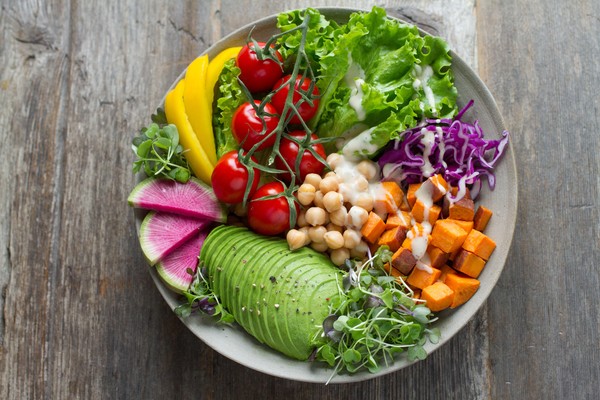Who it hurts and what must change

THE WESTERN vegan movement is slowly but surely establishing its presence in South Korea, as the number of plant-based cafes and restaurants have been increasing nationwide. The movement seems perfect from afar; it not only aligns with recent efforts to minimize carbon footprints but also has health benefits. However, the dark underbelly of the movement consists of classist views that disregard intersectionality, such as unique dietary needs and cultural practices, that induce individuals to consume animal-based products.
One of the vegan movement’s central premises is its “low entry barrier,” citing the diverse array of alternative products. This assertion is simply not true, as veganism tends to be a privilege reserved only to those with the sufficient economic capacity and perseverance to look for alternative options. A vegan diet requires meticulous calculations of nutrients, along with the time, knowledge, and skills to plan meals accordingly. This difficulty of designing a balanced diet is because oftentimes, vegans have to consume essential nutrients and vitamins through artificially fortified foods, such as plant milks with vitamin D enrichments. Nutrient deficiency could leave individuals at a higher risk of developing dangerous side effects such as menopause and nervous system damage[1]. However, vegan-tailored products, like vitamin B12 and iodine supplements, are not only inaccessible to marginalized communities but also have generally high price ranges. Aside from the complexity of a vegan lifestyle, most beginner vegans tend to endure a “transition phase” in which they consume alternatives to satisfy cravings for “normal” foods. As expected, the alternative options are less affordable; for instance, even in the United States, vegan meat alternatives are double the price of regular beef[2].
One could play devil’s advocate and assert that “tofu and vegetables are not that expensive.” However, such assertions do not holistically consider the various barriers, from health limitations to cultural heritage, that make practicing a vegan lifestyle almost impossible. Those with zinc deficiency, for instance, are commonly advised against going vegan as it is easier to absorb the zinc in animal products[3]. Furthermore, for people allergic to substitute protein sources like soy and nuts, veganism is simply not a viable, healthy dietary practice. Even if one were to discount medical reasons, meat-eating dietary practices play an essential role in various cultures around the globe. Indigenous peoples such as the Inuit’s have hunted and depended on whale hunting for thousands of years, and this custom still defines the community’s connection with each other and the environment. If anything, indigenous communities’ sustainable usage of an entire animal seems far more ethical than consuming a vegan avocado toast, made from one of the most water-intensive crops linked to environmental degradation[4]. As such, the vegan movement ought not to be blinded by preconceptions that all meat-eating practices are unsustainable, unethical, or “less than.”
Since veganism is not always barrier-free, the vegan movement’s inclination to utilize “guilt-tripping” tactics to advance their agenda is nothing short of being brazenly classist and ableist. Unfortunately, this tendency has established itself as the mainstream identity of the modern vegan movement as acts of aggression are not limited to the Western sphere, but have become a de-facto trend witnessed in movements worldwide. Korean members of animal rights organization Direct Action Everywhere, for instance, continue to gather controversy as they aggressively intrude and shout slogans at meat-handling restaurants nationwide, committing offenses including business obstruction and trespassing in the process. There are more efficient means to promote ethical conduct than storming businesses; for one, the vegan movement has repeatedly neglected claims that vegan consumption patterns perpetuate various forms of unethical conduct in the agricultural value chain.
* * *
The pattern of Westernized veganism refusing to respect non-vegan lifestyles has consequences that extend beyond simple insolence. It only seems appropriate for the movement to steer away from its current narrative of plant-based as the only “right” option. The continued failure to break away from such problematic undertones could result in veganism ultimately failing to achieve its core goal: practicing a more just, ethical lifestyle. While there is nothing wrong with going vegan for animal rights or environmental preservation, refusing to acknowledge intersectional inequalities in the process makes vegan activism performative at best.
[1] The Vegan Society
[2] Vox
[3] Insider
[4] Vice

